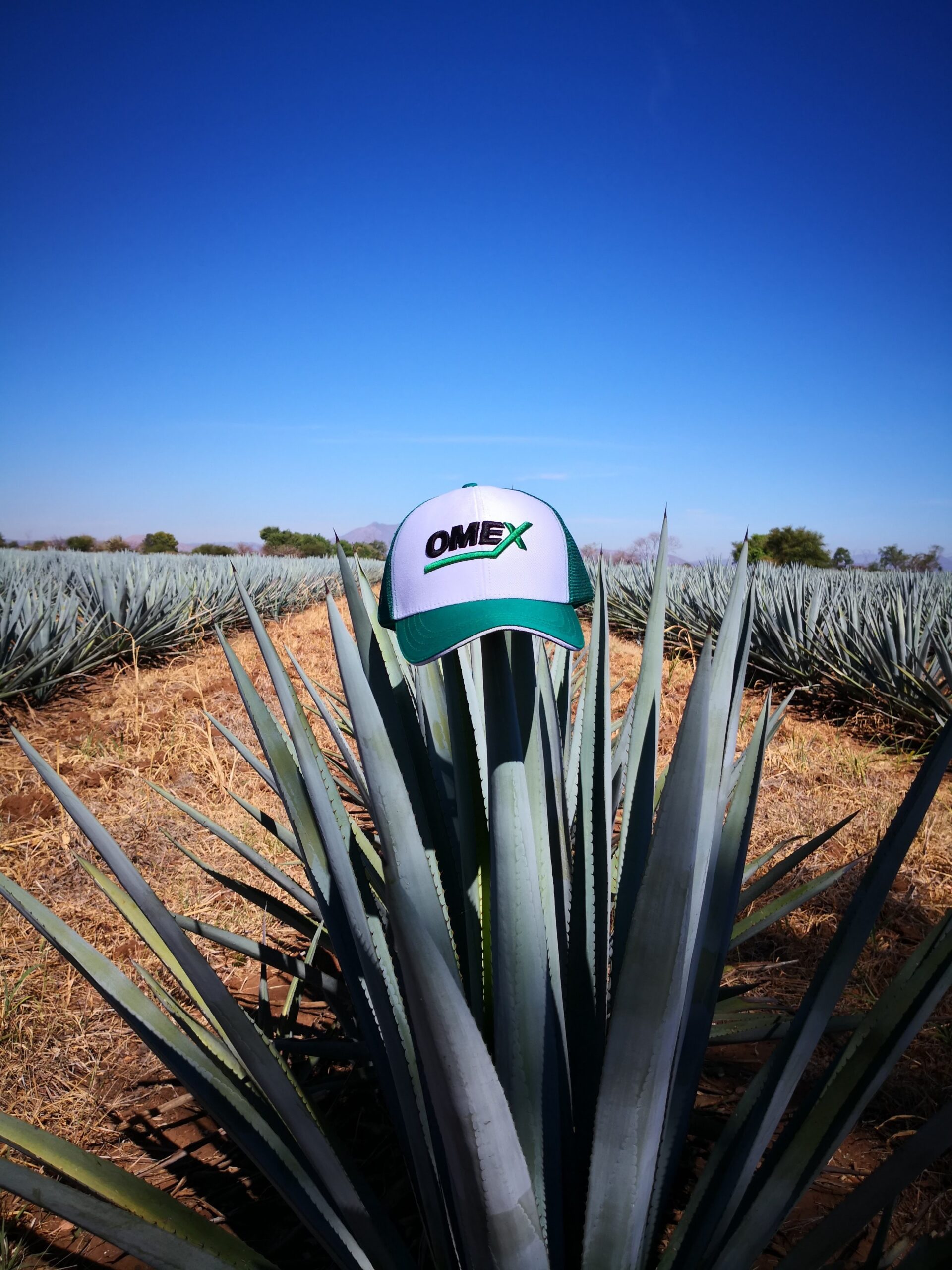
Form – taken up as ionic Zn2+, Zinc is essential for major hormone production.
Function – Zinc is involved in the formation and activation of hormones that regulate root development, water uptake, flowering and fruit set. In addition, Zinc plays a major role in the structure and function of the integumentary system, affecting skin elasticity, wound healing and disease suppression.
Symptoms – low Zinc status affects the development of new tissue, restricting leaf expansion and root development. Young leaves display a white bleached centre section, flowers and pollen degrade quickly and the movement of water soluble nutrition is restricted.
Significance – Zinc stress reduces root development, nutrient recovery and water uptake. When combined with poor flowering response, Zinc stress leads to low seed or fruit set and slow accumulation of carbohydrate. Low Zinc status is often associated high Phosphorous levels, increased drought stress, disease pressure and is worse on alkaline soils and in cold, wet growing conditions.
Actions – check soil status and root development for compaction. Routine foliar treatment can be very effective, especially during the early stages of plant development and times of stress.
We have seen excellent results in Mexico, using a foliar program of OMEX Kingfol Zinc 70 and Bio 20.


